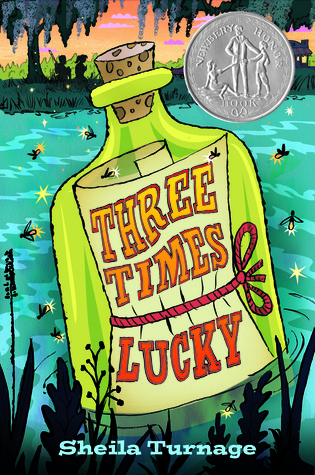
So, about a year later, here comes the book, "The Bishop's Wife." I went to the book launch at the Provo Library. It was not what I expected. Harrison's presentation was very interesting, heart-breaking at moments. She was very honest and real, raw even, with her retelling of laying the foundation for this book. And I really appreciate that. But I was surprised by the actual novel and it wasn't at all what I expected. What I was hoping to be a cozy mystery with some Mormon themes turned into what felt like a Mormon expose to me. Enough of the rant, here's the review.
The story is about Linda Wallheim, a Bishop's wife in the SLC area. Early in the book we learn about the disappearance of a young wife in the Wallheim's ward (eerily similar to the Susan Powell case.) Before long, Linda suspects the husband killed her. As Linda searches for clues, she involves herself in the life of the six-year-old daughter of the missing mom. The secrets she uncovers are many and some of them are dark and insidious.
One of my main problems with this novel is that it took a quarter to a third of the book to get to the meat of the mystery. For the first several chapters, I felt like I was being introduced to the Mormon church and culture. Much of it felt like a lecture or special report into the inner working of the church. My qualm was that not all of it really related to the story so why was it included? And it was Linda's interpretation and perspective on the church. Many of the things Harrison pointed out or felt the need to explain were not my personal experience, interpretation or perspective. I'm a member and I don't feel the same way Harrison portrayed the church in general to feel. One of the things that bothered me a lot was that the Bishop (Linda's husband) take the Lord's name in vain three times. I can see a Bishop cursing. In fact, I've heard it myself. But never the Lord's name. So there are just a bunch of those things. I just felt like she was looking for opportunities to include weird, titillating subjects in the Mormon culture. It was overboard in my opinion. I wished she had just told the story and shown some of the culture instead of explaining it. And also the ending was totally unbelievable. A normal person would never do what Linda did.
Anyway, once the mystery got going, it was a much more enjoyable read. And there were several other story lines that were interesting and rewarding. I just didn't like Linda as much as I wanted. She was nosy and had a chip on her shoulder. So I guess she was human, which is a good thing. Just not as likable as I had hoped.
Will I be reading more of the series? No. Harrison listed some of the topics she will tackle in other books in the series and I'm just not interested. It seems more agenda driven than good characters with a good story. Maybe my skin is thin and I'm easily offended. Maybe I don't want to take the effort to look deeply at some of the controversial issues in the church. Maybe I'm too invested in my religion and culture to see it put on display this way. You may be right. To each his own. Maybe I prefer lighter mysteries.
But these darn women who just can't seem to mind their own business. Sadie is the nosy neighbor in this cozy mystery and it had so many twists and turns, it was the only thing that kept me reading. (Can you tell this is not my first genre of choice?) Sadie keeps a close eye on her cul-de-sac through her front window and has a tendency to solve problems by cooking and baking her way out of them. When a young, single-mom neighbor is murdered and her young son is missing, Sadie can't help but get involved.
Sadie finds herself in trouble and at odds, not only with neighbors, in-laws and her boyfriend, she also develops a tense relationship with the police who are working the case. Thanks to the help of her daughter, she follows the clues and solves the case. Come to find out, she is quite fierce when she needs to be.
This was a fun, quick read. I really liked Sadie and was rooting for her the whole way through!

 "Secrets of the Cicada Summer"
"Secrets of the Cicada Summer"